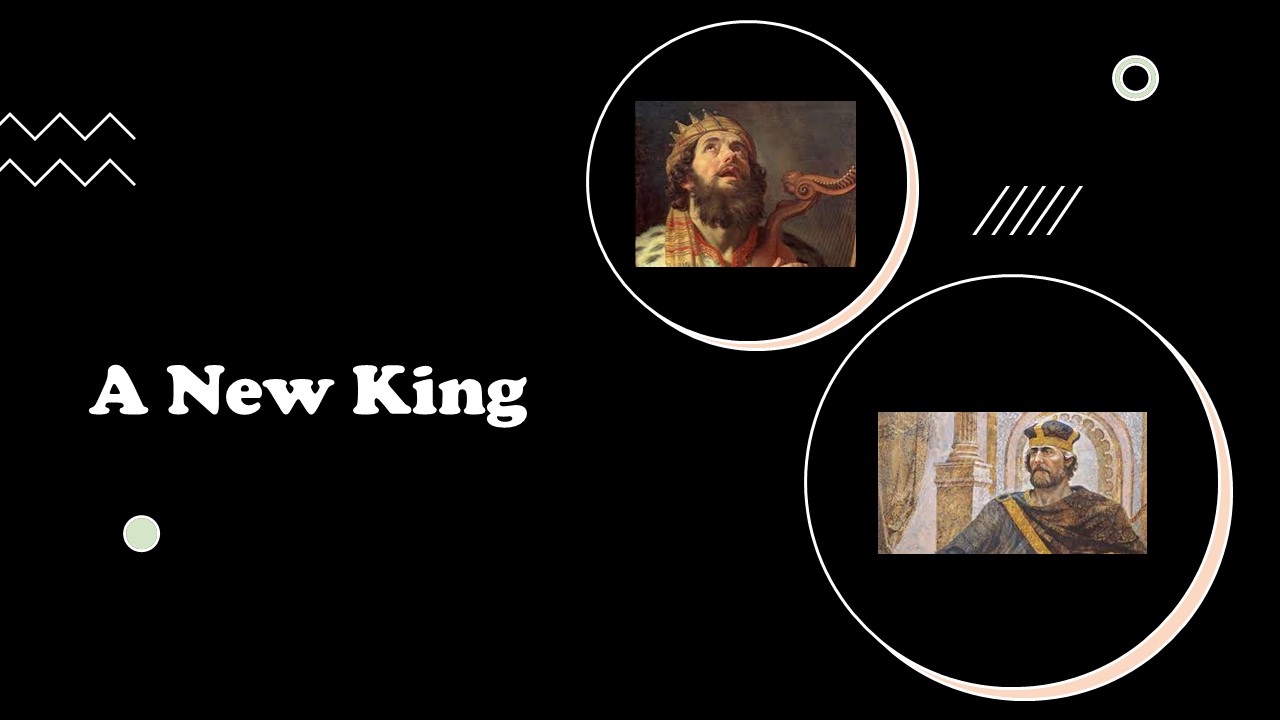Amos's message resonates deeply with today's issues of injustice and exploitation, echoing the concerns of Jesus's own ministry. Both figures called for radical accountability, urging their audiences to prioritize genuine compassion and justice over superficial religious practices. Amos's forthright condemnation of social inequities and his urgent calls for repentance serve as a powerful reminder of the need for societal and spiritual renewal. Similarly, Jesus's outreach to the marginalized and his parables, like that of the Sheep and the Goats, underscore the intrinsic link between our treatment of the vulnerable and our relationship with God. These teachings compel us to not only reflect on our personal and collective morals but to actively engage in rectifying the wrongs of our world. By heeding the messages of Amos and Jesus, we are encouraged to transform our understanding of divine justice into concrete actions that uphold the dignity and rights of all individuals, thus embodying the kingdom of God on Earth.

Today’s episode explores the story of King Saul and the significance of his death in the larger context of biblical narratives and themes. Saul,...

The book of 2 Timothy, written by the Apostle Paul during his second and final imprisonment in Rome, captures a profound moment of urgency...

The book of Job explores the difficult question of God's relationship to human suffering and invites us to trust God's wisdom and character. Scriptures...